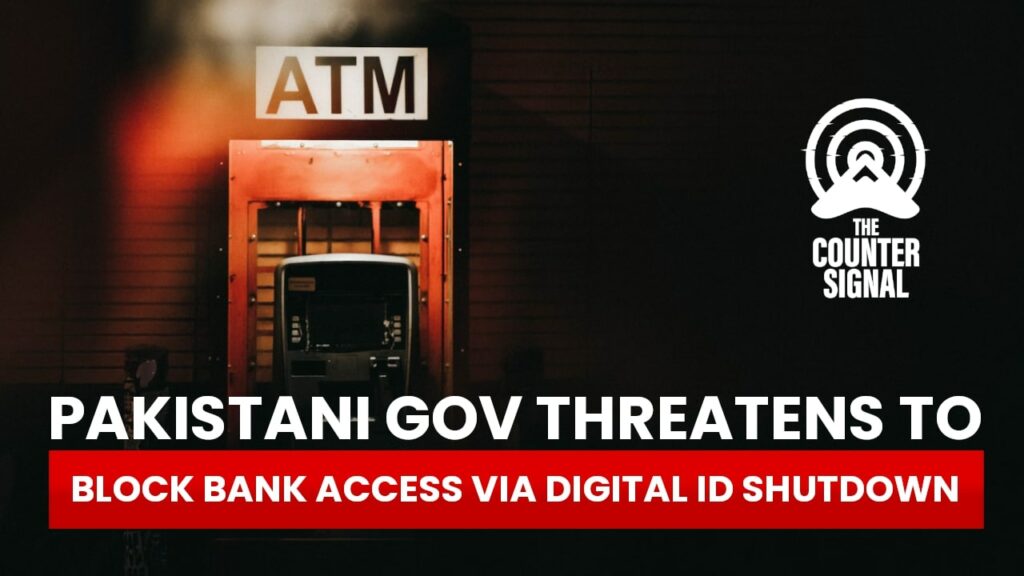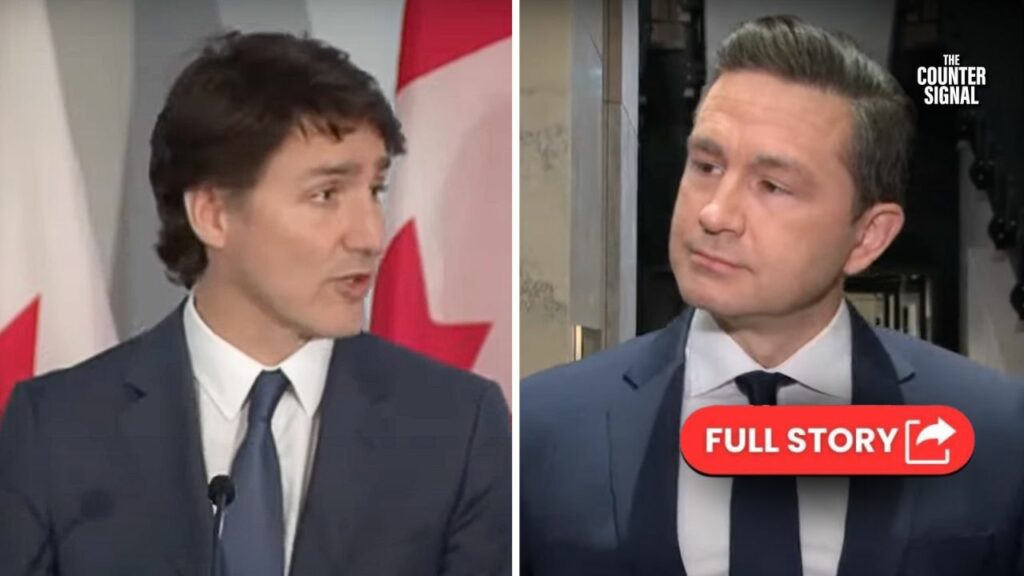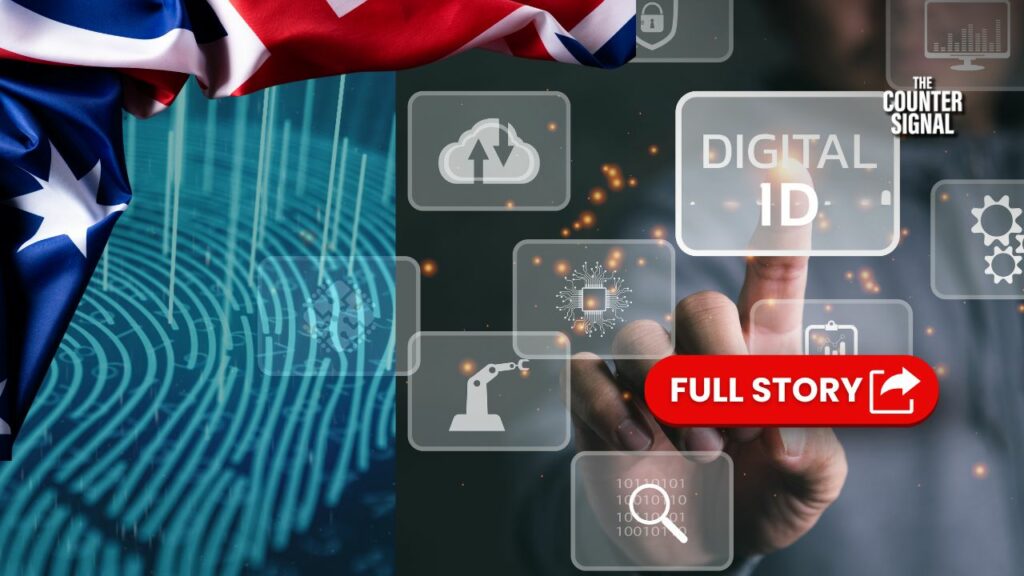Amid continued blackouts and great political unrest, the Pakistani government has threatened protesters with having their digital IDs blocked so they can’t access their bank accounts.

Interior minister Rana Sanaullah issued the threat as a warning to former PM Imran Khan (whose been encouraging protests across the country), his cabinet, and protesters after one federal minister was publicly heckled in a restaurant.
Khan has since been charged with “terrorism” after he accused Pakistani police and the judiciary of detaining and torturing one of his aids. The charge has, predictably, not gone over well for the current administration and has only revitalized protests.
Khan has been extremely critical of the current administration since being ousted from the government following a no-confidence vote in April, with his rhetoric growing increasingly accusatory in nature. For their part, the government has responded by blocking online and live TV coverage of Khan’s speeches.
“The fascist imported government sunk to a new low today by banning live coverage of my speeches on TV and then blocking YouTube temporarily during my speech at Liaquat Bagh. All this after continuous intimidation of mediapersons and taking channels off air earlier,” Khan wrote on Twitter.
“This is not only a gross violation of freedom of speech but also negatively affects the digital media industry and the livelihoods of many. What they need to understand is that no matter what they do, they cannot suppress the will of the people, which is Haqeeqi Azadi.”
Besides political turmoil, ongoing electricity blackouts coupled with rising costs have stoked the flames of Pakistani protests, and massive demonstrations have erupted across the country.
Lahore, Pakistan… Government has threatened to cut off banking with the use of Digital ID to anyone that protests against the regime… RESIST pic.twitter.com/ibulfSt3lM
— Pelham (@Resist_05) August 24, 2022
BREAKING: Protests break out in Lahore, Pakistan.
— Wall Street Silver (@WallStreetSilv) August 23, 2022
People took to the streets after receiving huge utility bills despite 12-16 hour daily black out 🚨 pic.twitter.com/coQU6Y7ozD
How many will have their access to banks blocked remains to be seen, but the interior minister said that Khan’s supporters could also have their passports blocked and possibly be arrested for participating in the ongoing demonstrations.










